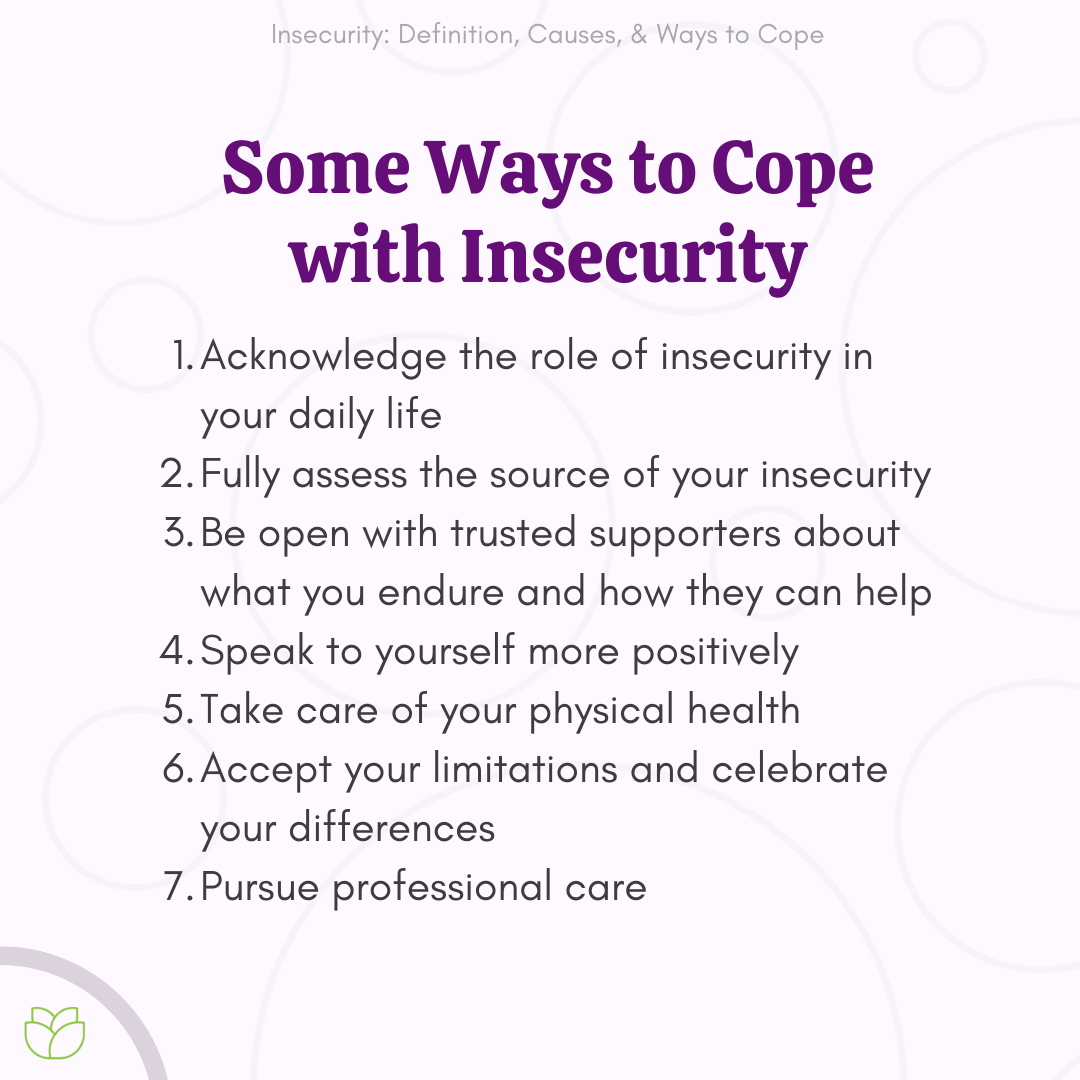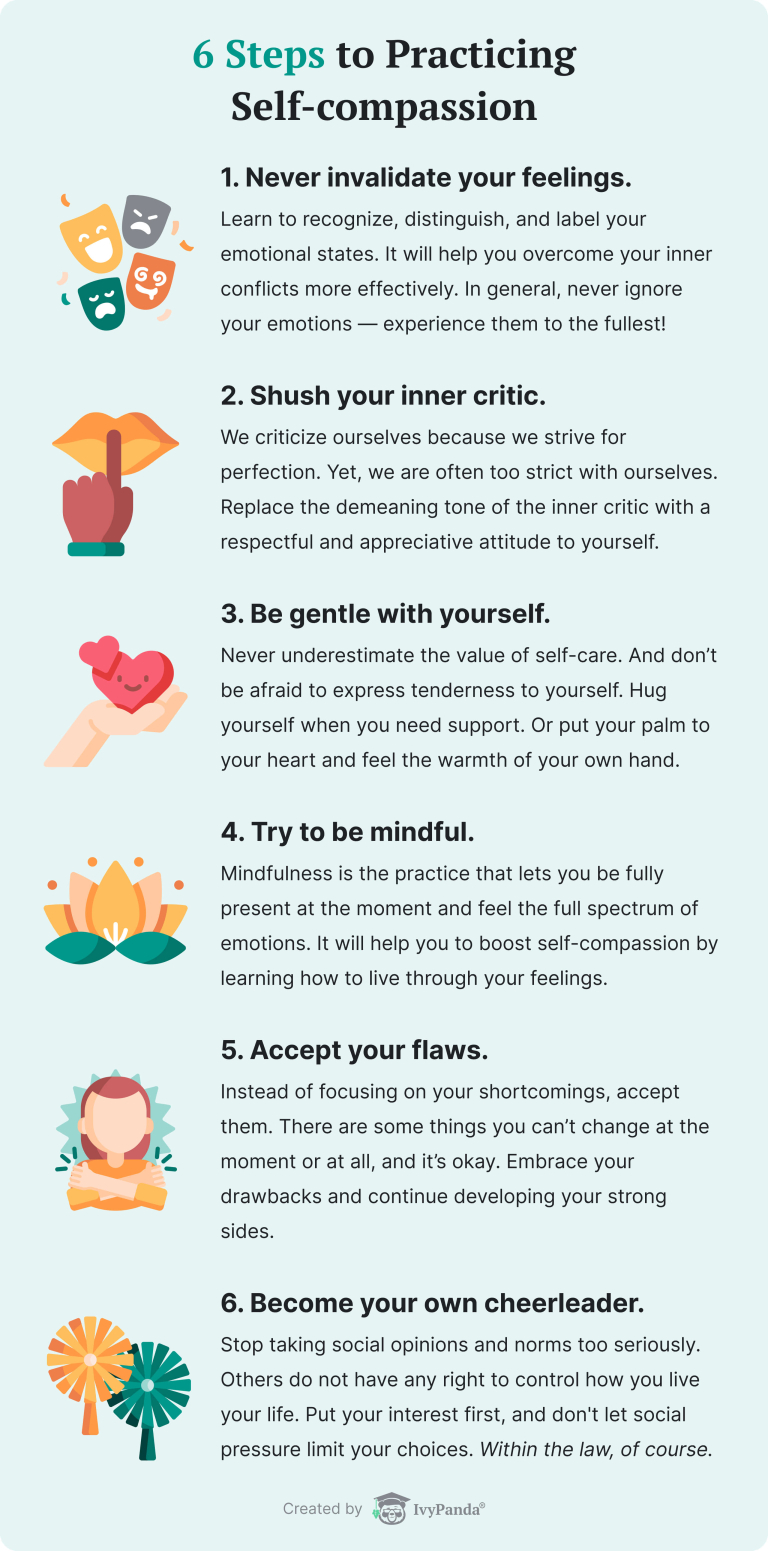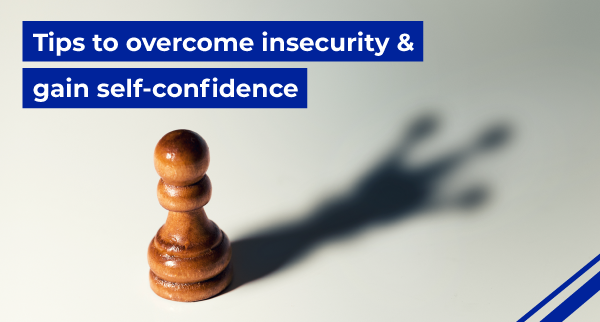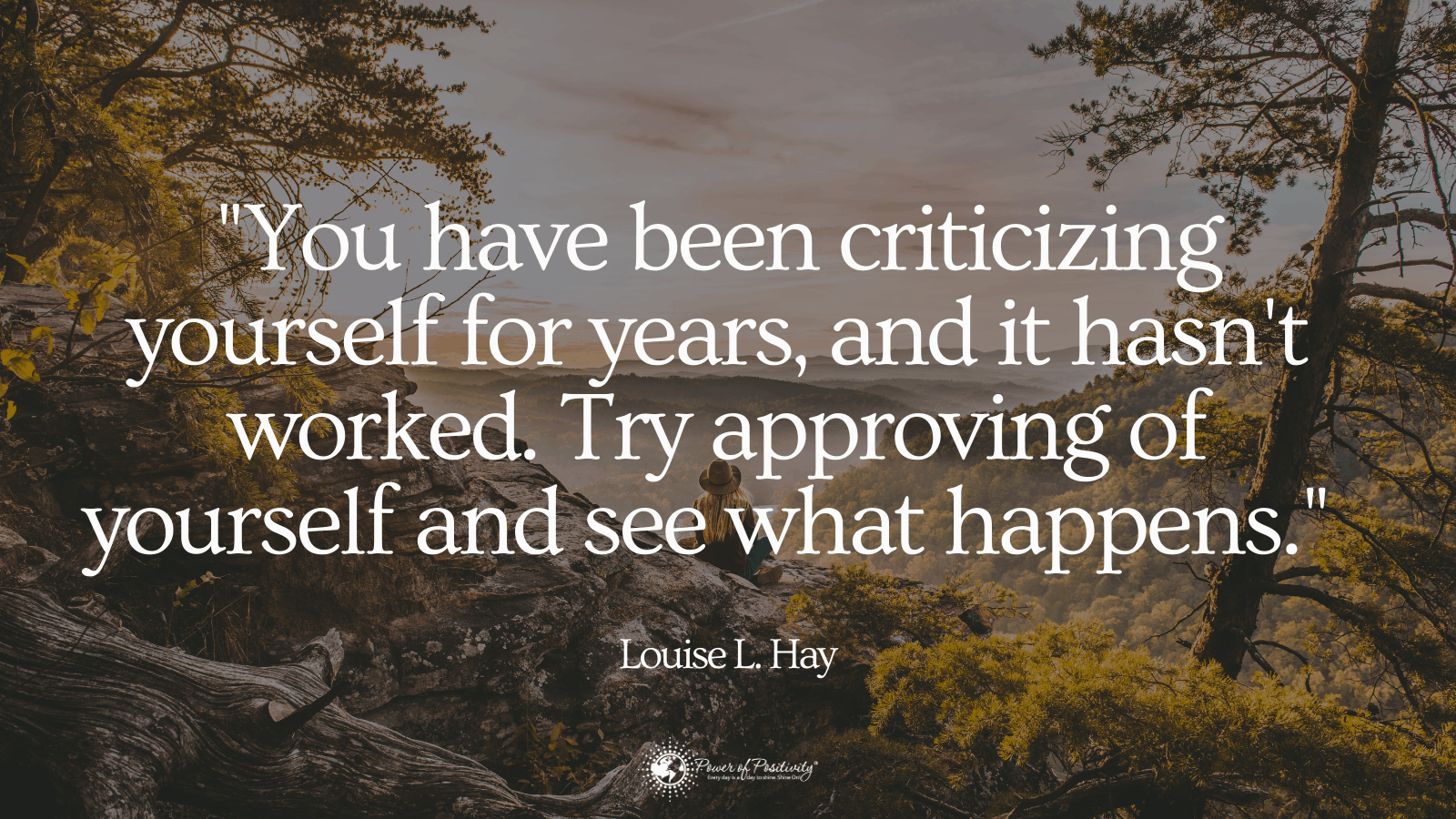How Do You Overcome Your Insecurities

The aroma of lavender and chamomile hung heavy in the air, a stark contrast to the restless energy buzzing within Sarah. She sat perched on the edge of her worn armchair, fingers fidgeting with the frayed edges of a throw blanket. Tomorrow was the big presentation, the one that could catapult her career forward, and all she felt was a gnawing sense of inadequacy whispering doubts in her ear.
Overcoming insecurities is a universal struggle, a battle fought in the quiet corners of our minds. It's about acknowledging these self-doubts, understanding their origins, and developing strategies to challenge them, ultimately building a more resilient and confident version of ourselves.
Understanding the Roots of Insecurity
Insecurities rarely spring up from nowhere. Often, they are deeply rooted in past experiences, childhood memories, or societal pressures. Identifying these root causes is the first step towards dismantling their power.
Sarah's story is a prime example. Growing up, she was constantly compared to her older sister, a natural athlete and academic star. These constant comparisons, however unintentional, instilled in her a belief that she was somehow less capable.
According to research by the American Psychological Association, early experiences of criticism or neglect can significantly contribute to feelings of inadequacy and low self-esteem. It's a pattern that repeats itself across generations, highlighting the importance of fostering positive and supportive environments, especially during formative years.
Challenging Negative Thought Patterns
One of the most effective strategies for overcoming insecurities is to challenge the negative thought patterns that fuel them. This involves recognizing these thoughts as just that – thoughts, not facts – and actively questioning their validity.
Sarah started practicing cognitive restructuring, a technique recommended by therapists. When the thought, "I'm going to mess up the presentation," popped into her head, she forced herself to ask, "What evidence do I have to support that? Have I prepared adequately? What are my strengths?"
She also learned to replace negative self-talk with positive affirmations. Instead of dwelling on potential failures, she reminded herself of her past successes and the value she brought to the team. This shift in perspective, though initially difficult, gradually chipped away at her self-doubt.
Building a Strong Support System
No one overcomes insecurities in isolation. Having a strong support system of friends, family, or mentors can provide invaluable encouragement and perspective during challenging times.
Brené Brown, a renowned researcher and author on vulnerability and shame, emphasizes the importance of authentic connection in building resilience. Sharing our vulnerabilities with trusted individuals allows us to feel seen and understood, reducing the power of shame and self-criticism.
Sarah confided in her colleague, David, about her anxieties. David, a seasoned presenter, not only offered practical advice on structuring her presentation but also shared his own past experiences with stage fright, normalizing her feelings and making her feel less alone.
Embracing Imperfection and Self-Compassion
Perfectionism is a breeding ground for insecurity. Recognizing that making mistakes is a natural part of the learning process is crucial for cultivating self-compassion.
Dr. Kristin Neff, a leading expert on self-compassion, defines it as treating ourselves with the same kindness and understanding that we would offer a good friend who is struggling. It involves acknowledging our imperfections, practicing self-kindness, and recognizing our shared humanity.
Sarah realized that striving for perfection was unrealistic and ultimately detrimental to her well-being. She started celebrating small victories, forgiving herself for minor slip-ups, and focusing on progress rather than perfection.
The day of the presentation arrived. Sarah felt a surge of nervousness, but it was accompanied by a newfound sense of confidence. She had prepared diligently, challenged her negative thoughts, and leaned on her support system. As she stepped onto the stage, she knew she wasn't perfect, but she was ready to give it her best shot.
Overcoming insecurities is an ongoing journey, not a destination. It requires self-awareness, commitment, and a willingness to challenge our own limiting beliefs. By understanding the roots of our insecurities, challenging negative thought patterns, building a strong support system, and embracing imperfection, we can cultivate a more resilient and confident version of ourselves, ready to face the world with courage and authenticity.


















